
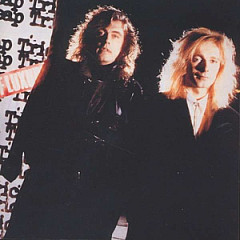
Cheap Trick hated the ballad "The Flame" but recorded it because they needed a hit, and the song delivered, going to #1.
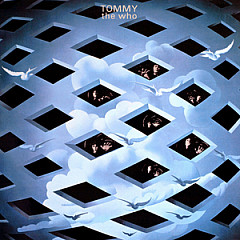
Pete Townshend wrote The Who's "Pinball Wizard" to coax a good review for the Tommy album out of a rock critic who loved pinball. It worked.
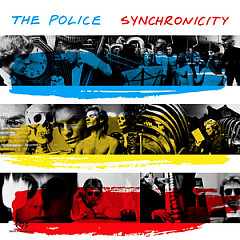
Sting wrote "Every Breath You Take" at the same desk in Jamaica as where Ian Fleming wrote his James Bond novels.
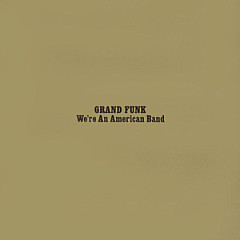
"We're An American Band" by Grand Funk describes real events on their 1972 tour, including an encounter with a legendary groupie called "Sweet Connie."
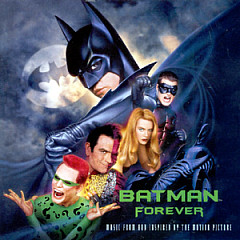
U2's "Hold Me, Thrill Me, Kiss Me, Kill Me" from Batman Forever was nominated for both a Golden Globe for Best Original Song and a Razzie for Worst Original Song.
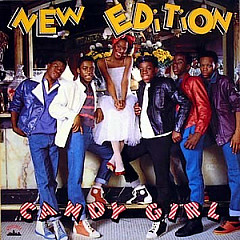
In the UK, the first #1 hit with a rap was "Candy Girl" by the American boy band New Edition in 1983.
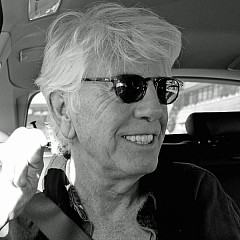
Graham Nash tells the stories behind some of his famous songs and photos, and is asked about "yacht rock" for the first time.
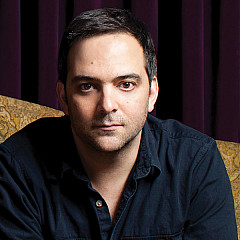
The guy who brought us "Stacy's Mom" also wrote the Jane Lynch Emmy song and Stephen Colbert's Christmas songs.
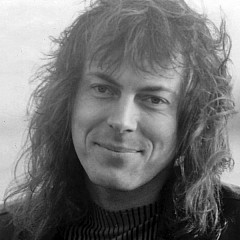
Dokken frontman Don Dokken explains what broke up the band at the height of their success in the late '80s, and talks about the botched surgery that paralyzed his right arm.
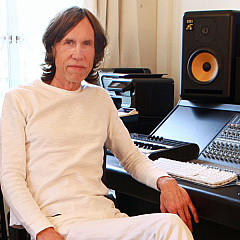
Glen Ballard talks about co-writing and producing Alanis Morissette's Jagged Little Pill album, and his work with Dave Matthews, Aerosmith and Annie Lennox.

The stories behind the biggest hit songs about trucking.